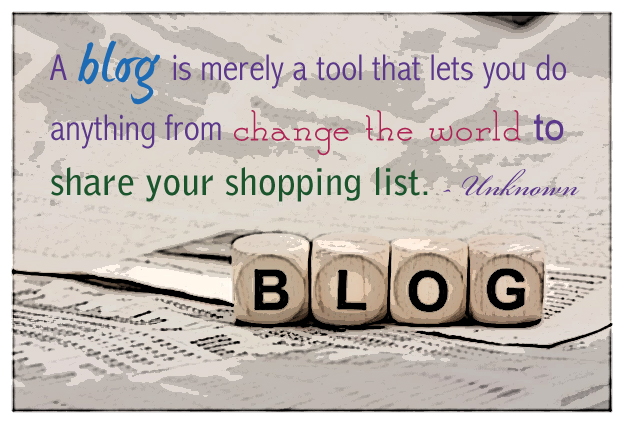The Jigsaw Method
This week and class we implemented the jigsaw method of learning. We were involved in two different groups, base groups and expert groups. In our base groups we were all assigned a number and a topic that went along with that number. In the above picture this is represented by the colored puzzle. We then split, like the puzzle pieces, and joined our expert groups. In these groups we researched our topic and became "experts". After researching we returned to our base groups and taught them about our topic. So we had five different experts in our group!
I liked this idea because we were able to become experts in one topic and by reteaching the topic we really had a deeper understanding. The problem I did have with this method was that it was hard to retain knowledge that the other experts taught. So although I am an expert in one topic I only had a small grasp on the other topics. I liked how we had to tests because that helped me test my knowledge and review so I became more comfortable with the material









